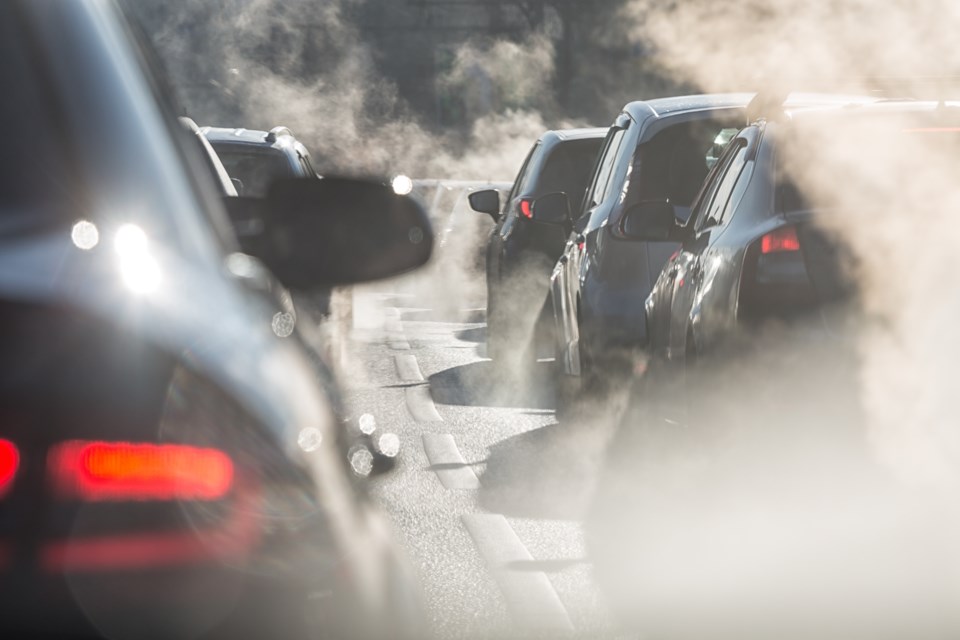SooToday received the following letter about the recent IPCC report and what it means for Canada and Sault Ste. Marie.
The latest IPCC report is out, and the results are not good. As a reviewer for previous assessment reports, I’m saddened by the continued intensification of the crisis; we are accelerating in the wrong direction.
The Sault is similar to most other global communities, with the exception that we exceed most other per capita community emissions across Canada.
Our biggest community source of emissions is transportation.
The city needs to step up its ambition to get us out of our motor vehicles.
Citizens can’t do this alone.
People-centred investments with a focus on improved access (not mobility) for everyone is the only solution.
When planning access, think of the eight or 80-year-old who does not drive. Start redirecting funding to help citizens make rational and informed choices to adapt to the climate, environmental, inequality, health, fiscal, environmental and safety realities of this crisis.
A better community with lower taxes and fewer personal expenses, no worry about windrows, dangerous, speeding or aggressive drivers, splintered communities, fuel prices or traffic noise. No potholes to complain about!
What if everyone could reclaim the lost time spent to pay for our vehicles, the equivalent of $20,000 pre-tax income per vehicle per year? What if solving the climate crisis included getting rid of the noise, pollution, illness, death, inconvenience, safety risks and costs of our addiction to motor vehicles?
What if adapting to the climate crisis meant we could spend more time on creative pursuits, learning and personal growth, leisure, building stronger communities and being better citizens, caring for the people we love, and appreciating nature?
Many communities, organizations and governments are shifting towards car-free or very low vehicle ownership. The C40 global mayors network has a goal of zero private vehicle ownership by 2030. Recent research shows there is barely 3 per cent of known mineral reserves that are essential to reproduce our current energy demands with renewables, including transportation behaviours. The future will be without personal motor vehicles, either by design or disaster. The city needs to plan now to prevent disaster.
Four out of five of our local youth say climate change has impacted their mental health. Half of all local youth believe humanity is on a collision course with catastrophe. Three-quarters of all our youth are not only dissatisfied but angry with how our governments have failed to address the crises.
Save citizens massive direct, indirect and impending expenses, costs and suffering.
Forty years ago was the best time to start. The next best time is today.
Robert Rattle
